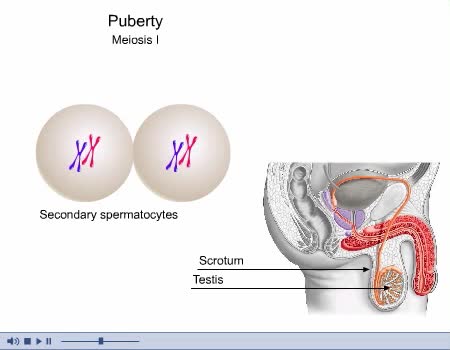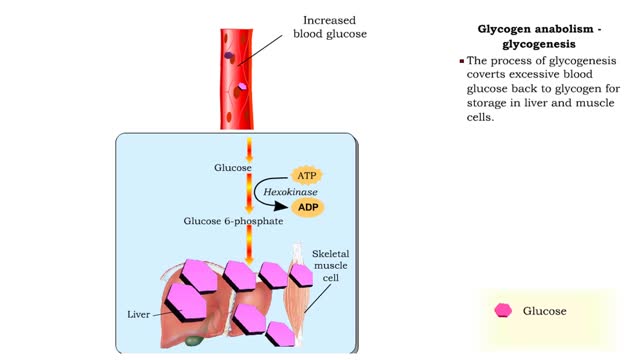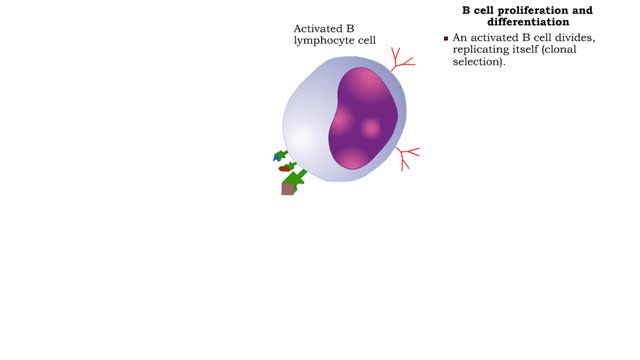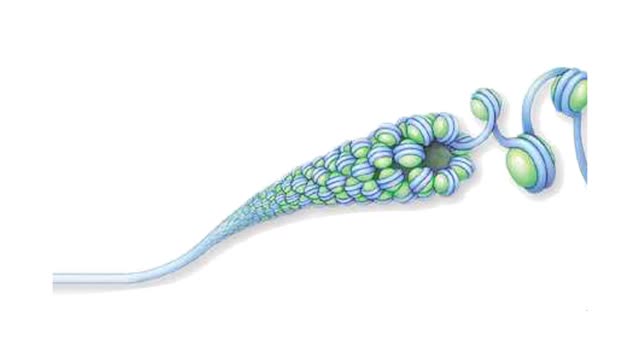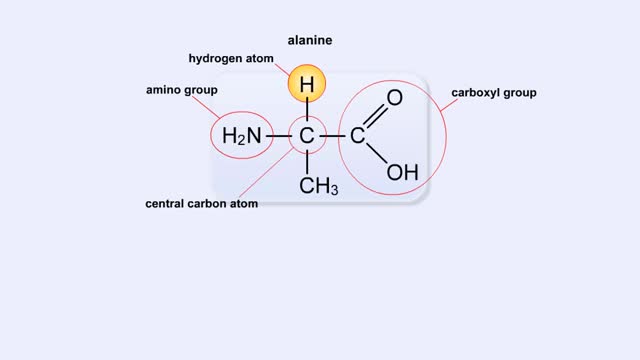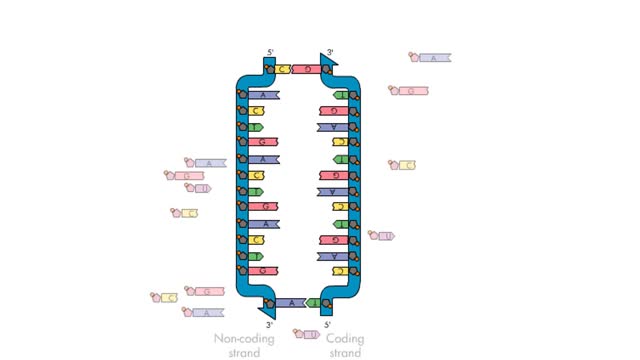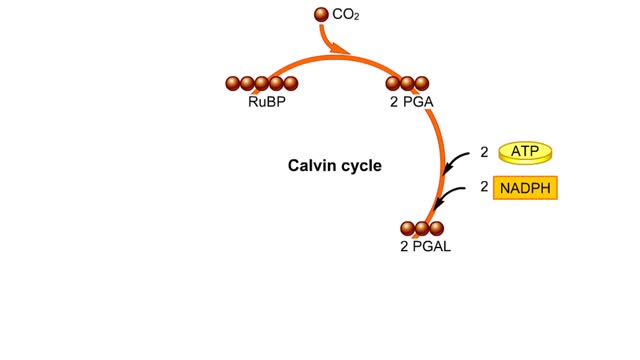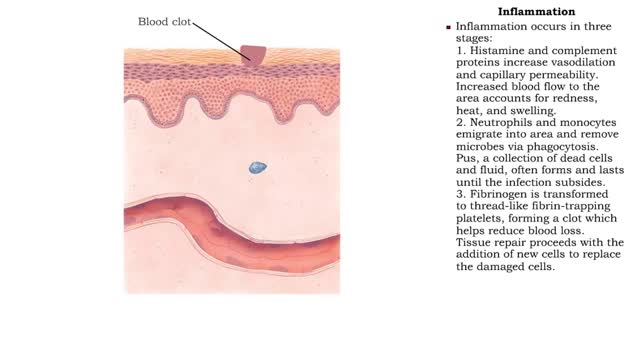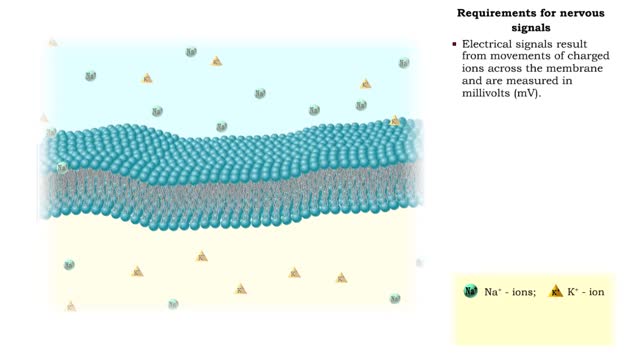Search Results
Results for: 'A chemical called BPG'
By: Administrator, Views: 14535
Spermatogenesis is the process by which haploid spermatozoa develop from germ cells in the seminiferous tubules of the testis. This process starts with the mitotic division of the stem cells located close to the basement membrane of the tubules. These cells are called spermatogonial stem cells. T...
Glucose anabolism reactions: Glycogenolysis and Gluconeogenesis
By: HWC, Views: 11431
• Glucose not needed immediately is stored as glycogen. The process that creates it is glycogenesis. • When ATP is needed for body activities, stored glycogen is broken down by a process called glycogenolysis. • Glucose can be formed through two different anabolic reactions: • Glycog...
By: HWC, Views: 11907
What Are Antibodies? Antibodies, also known as immunoglobulins, are Y-shaped proteins that are produced by the immune system to help stop intruders from harming the body. When an intruder enters the body, the immune system springs into action. These invaders, which are called antigens, can be vi...
Sister chromatids of a metaphase chromosome animation
By: HWC, Views: 9254
At metaphase, the chromosomes are duplicated and are at their most condensed. In each chromosome. two identical sister chromatids are held together at a constricted region called the centromere. When a chromosome is condensed, interactions among chromosomal proteins keep loops of DNA tightly ...
Structure of Amino Acid, Peptide Bonds & Polypeptides
By: HWC, Views: 10681
Here are the molecular formulas of three different amino acids. All amino acids share this backbone. The main difference between every amino acid is the side groups seen here, and these side groups give each of the amino acids their different characteristics. But before we get into that, let's ...
Transcription—A molecular view
By: HWC, Views: 6736
Transcription, as related to genomics, is the process of making an RNA copy of a gene's DNA sequence. This copy, called messenger RNA (mRNA), carries the gene's protein information encoded in DNA. During transcription, a DNA molecule is copied into RNA molecules that are then used to translate...
By: HWC, Views: 10898
he light-independent reactions make sugars by way of a cyclic pathway called the Calvin cycle. The cycle begins when rubisco attaches a carbon from carbon dioxide to ribulose bisphosphate. The molecule that forms splits into two molecules of PGA. Each PGA gets a phosphate group from ATP a...
By: HWC, Views: 11627
• Inflammation is an immune response that can occur anywhere in the body, but is observed most frequently on the skin. • It provides early protection by preventing infection from spreading to other parts of the body. • Inflammation also promotes repair of damaged tissues. Inflammat...
Requirements for nervous signals
By: HWC, Views: 10982
• The function of neurons is to allow communication between cells, thereby maintaining homeostasis. • Electrical signals, called membrane potentials, travel along the membranes of the neurons. • Voltage variability and distance traveled determine the type of nervous signal. 1. Graded...
Advertisement



